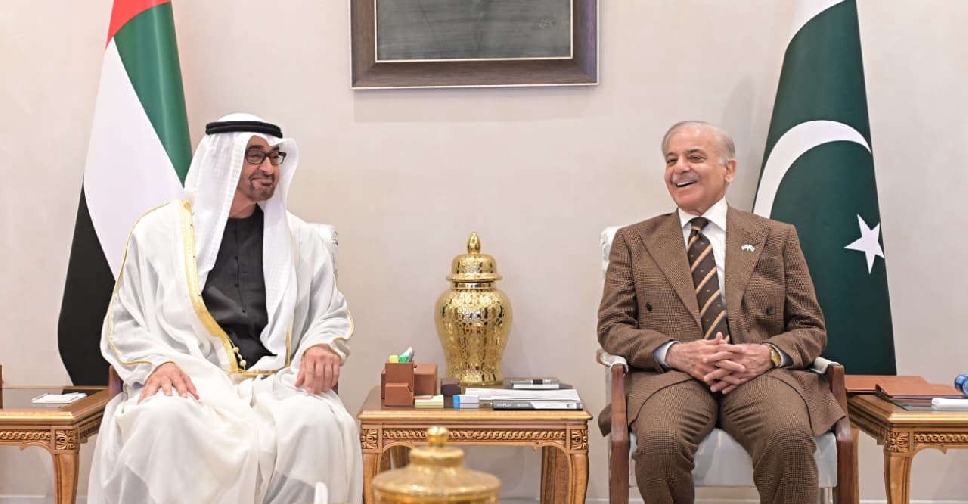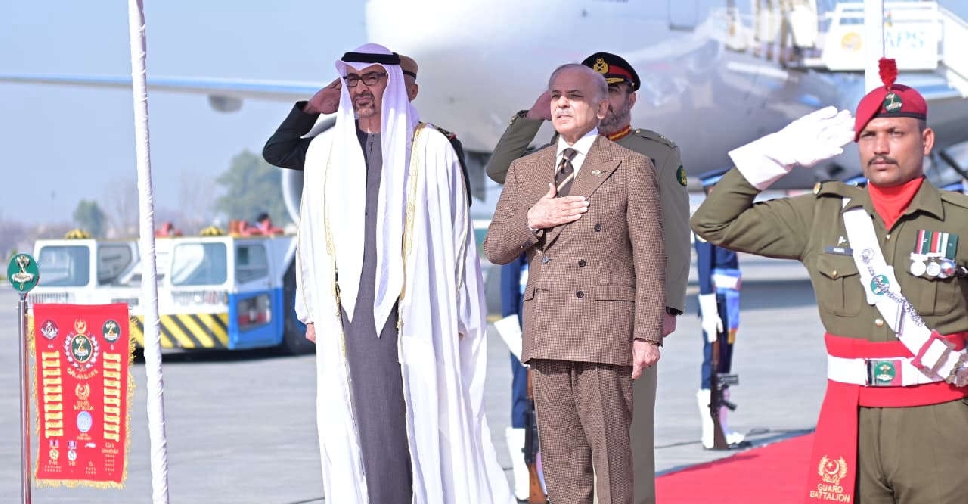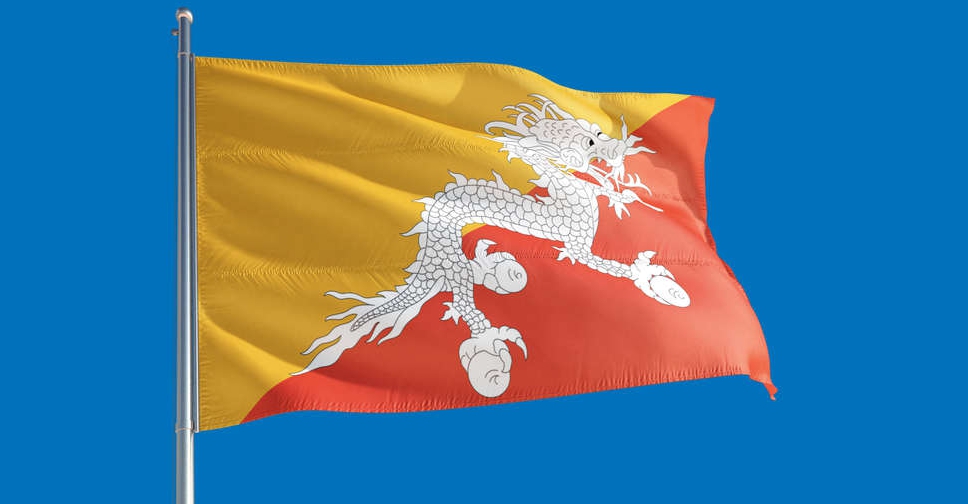
The Himalayan kingdom of Bhutan is to reduce the US$200 (AED 734.60) daily fee to US$100 (AED 367.30) it charges tourists to boost a sector still struggling to recover a year after the end of COVID-19 restrictions.
Bhutan raised its "Sustainable Development Fee" to US$200 (AED 734.60) per visitor per night, from US$65 (AED 238.75), when it ended two years of COVID restrictions in September last year, saying the money would go to off-set the carbon generated by visitors.
The new rate of US$100 (AED 367.30) per night would come into effect from September and last for four years, the government said in a statement late on Friday.
"This is in view of the important role of the tourism sector in generating employment, earning foreign exchange ... and in boosting overall economic growth," it said.
Isolated for generations, Bhutan opened to tourists in 1974 when it received 300 visitors. The number soared to 315,600 in 2019, up 15.1 per cent from a year earlier, official data showed.
Bhutan has always been wary of the impact of mass tourism, and it bans mountain climbing to preserve the sanctity of its peaks. The tourist fee has limited arrivals to bigger spenders, who make up a fraction of the numbers that visit nearby Nepal.
Nevertheless, Bhutan hopes to raise the contribution of tourism to its US$3 billion (AED 11 billion) economy by 20 per cent, from about 5 per cent.
Dorji Dhradhul, director general of the Department of Tourism, said the halving of the fee could boost arrivals in the September-December peak tourist period, which includes many religious and cultural events in the mainly Buddhist country.
In June, the government eased rules on length of stay and tourist fees, but numbers have not picked up as expected.
Dhradhul said more than 56,000 tourists had visited Bhutan since January, but about 42,000 were Indian nationals, who only have to pay a fee of 1,200 Indian rupees (AED 53.26) daily.
About 50,000 Bhutanese are employed in tourism, which earned approximately US$84 million (AED 308.53 million) a year in the three years before the pandemic in foreign exchange.


 Dubai Free Zones Council reviews efforts to boost investor experience
Dubai Free Zones Council reviews efforts to boost investor experience
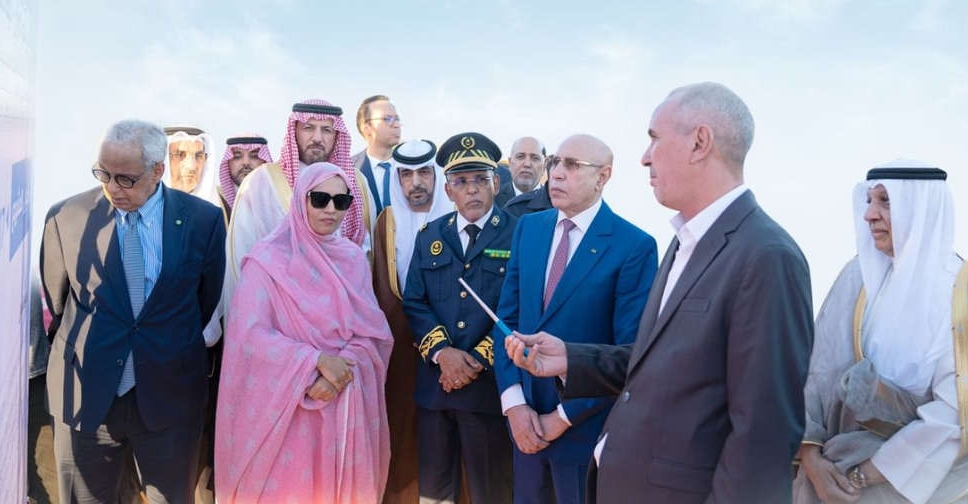 ADFD finances project to enhance water security in Mauritania
ADFD finances project to enhance water security in Mauritania
 Waymo to update software after power outage snarls self-driving vehicles
Waymo to update software after power outage snarls self-driving vehicles
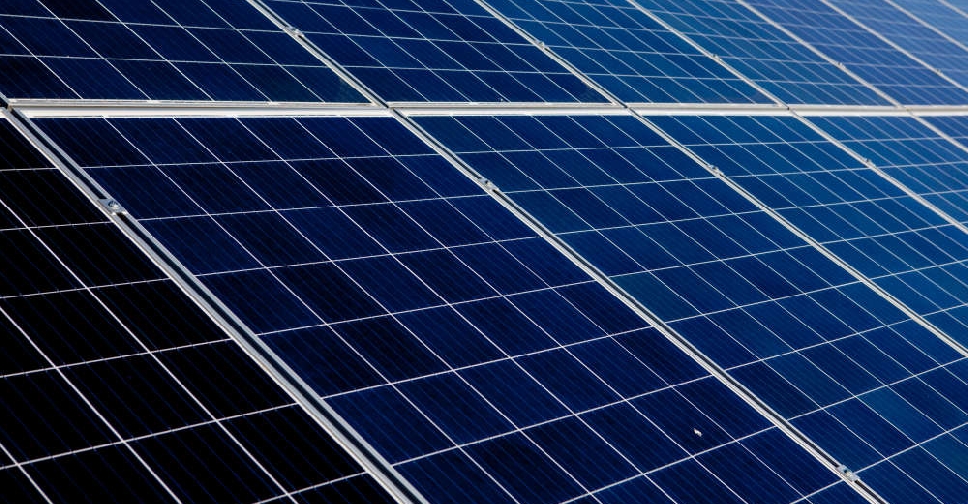 Masdar to develop Southeast Asia’s largest floating solar plant
Masdar to develop Southeast Asia’s largest floating solar plant
 New York Times reporter sues Google, xAI, OpenAI over chatbot training
New York Times reporter sues Google, xAI, OpenAI over chatbot training
